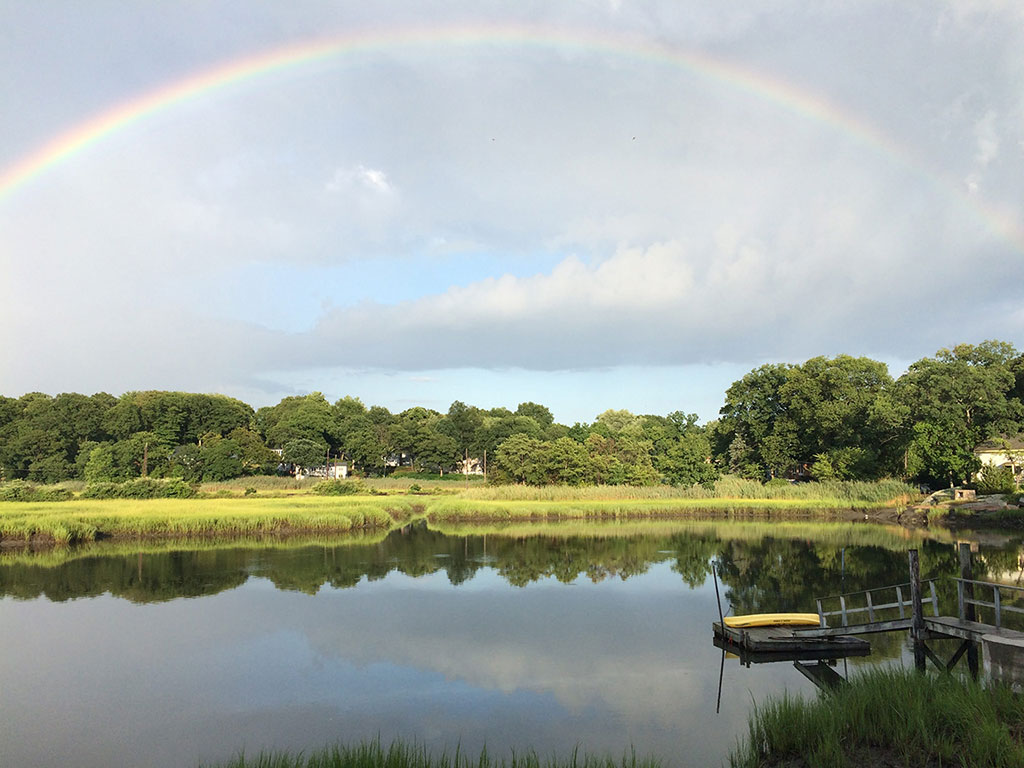
Join the Friends of the Farm River & Estuary (FFRE) in restoring the Farm River! Your support, energy and ideas help fuel FFRE’s role as a catalyst for big and small projects engineered to restore ecological health and abundance to the river.

“This land is our watershed, and the river is only as clean as the land and our activities on it.” — Curt Johnson

Join the Friends of the Farm River & Estuary (FFRE) in restoring the Farm River! Your support, energy and ideas help fuel FFRE’s role as a catalyst for big and small projects engineered to restore ecological health and abundance to the river.